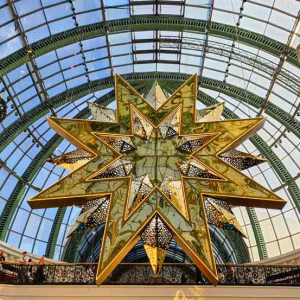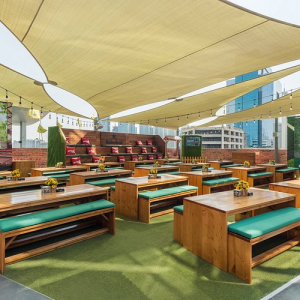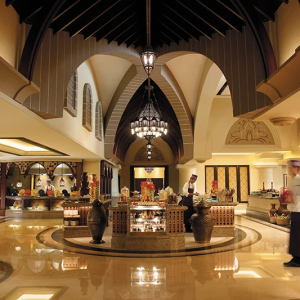Understanding the Cost of Living in Dubai
Salary plays a major role in shaping your lifestyle in Dubai, a city where glittering skyscrapers meet golden deserts and ambition fuels daily life. It’s a place where luxury thrives and opportunities abound, attracting people from around the world in search of career growth, adventure, and a better quality of life. Yet, behind the city’s glamorous exterior lies the very real, practical side of living in one of the Middle East’s most cosmopolitan hubs — managing your expenses and maintaining a balanced, sustainable lifestyle.
Living well in Dubai isn’t just about how much you earn; it’s about how wisely you choose to spend. From high-end restaurants and designer boutiques to affordable street food and budget-friendly entertainment, the city caters to every budget. However, essential costs like rent, groceries, transport, and healthcare can stack up quickly if you’re not mindful.


Whether you’re moving to Dubai for a new job, planning to start a business, or simply chasing sunshine and a tax-free salary, it’s important to know what to expect. Understanding the average monthly expenses for different lifestyles — whether single, partnered, or with a family — can help you make informed choices and fully enjoy everything this vibrant city has to offer without constant financial stress.
Major Expenses You Should Consider

The largest portion of your salary will go to housing. A one-bedroom apartment in a decent neighborhood can cost between AED 4,000 and AED 7,000 monthly. Utilities like water, electricity, internet, and phone bills may add another AED 600–800.
Groceries for one person average around AED 1,000 monthly if you cook at home. Dining out and leisure activities can range widely, depending on your preferences. Transportation, whether you use public transport or maintain a car, adds another AED 300–1,000.

What Does ‘Living Well’ Mean to You?
For some, living well means financial stability with enough to save every month. For others, it includes socializing, travel, and luxury shopping. If you want to enjoy Dubai’s full range of experiences—dining, nightlife, occasional travel—you’d need a monthly income closer to AED 15,000–20,000.
The Hidden Costs You Might Miss
You’ll also want to budget for things like health insurance, visa renewal fees, and unexpected expenses like medical emergencies or last-minute travel. These often-overlooked costs can make a big difference in your monthly budget.

Saving While Living Well
Even with a higher salary, saving money in Dubai requires discipline. Setting a monthly budget and sticking to it is essential. Use money-tracking apps and avoid lifestyle inflation as your income grows.
Conclusion
At the end of the day, living well in Dubai comes down to your personal priorities and lifestyle preferences. The city has something for everyone — from modest studio apartments in the suburbs to penthouses overlooking the Burj Khalifa, from local eateries to Michelin-starred restaurants. It’s a place where you can shape your lifestyle to match your income, provided you stay aware of your expenses and plan accordingly.
For singles, a budget of AED 8,000 to AED 12,000 can offer a decent, comfortable life, covering essentials like rent, food, transport, and social outings. Families, on the other hand, will need to factor in schooling, healthcare, larger accommodation, and entertainment for children, which naturally pushes the monthly budget higher.

Dubai can be as extravagant or as affordable as you make it. The key is finding your balance between enjoying the city’s incredible offerings and staying within your financial means. By making conscious lifestyle choices and budgeting smartly, you can experience the best of both worlds — a fulfilling, exciting life in Dubai without unnecessary financial strain. After all, the true luxury is peace of mind.
Do follow UAE Stories on Instagram















